“Grow with Nature, Nourish the Future”
Introduction
Sustainable agriculture is a type of farming that focuses on producing high-quality food in an environmentally friendly and economically viable way. It is a holistic approach to farming that takes into account the entire ecosystem, including the soil, water, air, plants, animals, and people. Sustainable agriculture seeks to reduce the environmental impact of farming while still producing enough food to meet the needs of the population. It also seeks to improve the quality of life for farmers and their communities by providing them with a more secure and stable livelihood. Sustainable agriculture is becoming increasingly important as the world population continues to grow and the effects of climate change become more pronounced.
The Challenges of Sustainable Agriculture in Developing Countries
Sustainable agriculture is a major challenge in developing countries, as it requires a significant investment of resources and a long-term commitment to ensure its success. Sustainable agriculture is a form of farming that seeks to produce food and other products in a way that is economically viable, environmentally responsible, and socially equitable. It is a holistic approach to farming that takes into account the entire ecosystem, including the soil, water, air, plants, animals, and people.
In developing countries, the challenge of sustainable agriculture is compounded by a number of factors. These include limited access to resources, such as land, water, and capital; inadequate infrastructure; and a lack of knowledge and expertise in sustainable farming practices. Additionally, many developing countries are subject to extreme weather conditions, such as drought and flooding, which can make it difficult to maintain sustainable agricultural practices.
In order to address these challenges, governments in developing countries must invest in sustainable agriculture initiatives. This includes providing access to resources, such as land, water, and capital; improving infrastructure; and providing training and education in sustainable farming practices. Additionally, governments must create incentives for farmers to adopt sustainable practices, such as subsidies and tax breaks.
Finally, governments must ensure that sustainable agriculture initiatives are implemented in a way that is equitable and inclusive. This means that all stakeholders, including small-scale farmers, women, and indigenous communities, must be included in the decision-making process and have access to the resources and benefits of sustainable agriculture.
By investing in sustainable agriculture initiatives, governments in developing countries can ensure that their agricultural systems are resilient and productive, while also protecting the environment and promoting social equity. This will help to ensure that these countries can meet their food security needs and achieve long-term economic and social development.
The Impact of Sustainable Agriculture on Local Economies
Sustainable agriculture is an increasingly popular concept that has the potential to have a positive impact on local economies. Sustainable agriculture is a form of farming that focuses on producing high-quality food while protecting the environment and conserving natural resources. It is a holistic approach to farming that takes into account the economic, social, and environmental aspects of food production.
The economic benefits of sustainable agriculture are numerous. Sustainable agriculture can help to reduce costs associated with inputs such as fertilizers and pesticides, as well as labor costs. It can also help to increase yields, which can lead to increased profits for farmers. Additionally, sustainable agriculture can help to create jobs in rural areas, as well as attract new businesses and investments.
Sustainable agriculture can also have a positive impact on the environment. By reducing the use of chemical inputs, sustainable agriculture can help to reduce water pollution and soil erosion. It can also help to reduce greenhouse gas emissions, as well as conserve natural resources such as water and energy.
Finally, sustainable agriculture can have a positive impact on local communities. By creating jobs and providing access to healthy, locally-produced food, sustainable agriculture can help to improve the quality of life in rural areas. It can also help to strengthen local economies by providing a source of income for farmers and other local businesses.
In conclusion, sustainable agriculture has the potential to have a positive impact on local economies. By reducing costs, increasing yields, creating jobs, and improving the environment, sustainable agriculture can help to strengthen local economies and improve the quality of life in rural areas.
The Role of Technology in Sustainable Agriculture
Technology has become an integral part of modern agriculture, and its role in sustainable agriculture is increasingly important. Sustainable agriculture is an approach to farming that seeks to maximize the long-term productivity of the land while minimizing environmental impacts. Technology can help farmers achieve this goal by providing tools and techniques that reduce the use of resources, increase efficiency, and improve the quality of the food produced.
One way technology can help farmers achieve sustainability is through precision agriculture. This approach uses sensors, GPS, and other technologies to monitor and manage crop production. By collecting data on soil conditions, weather, and other factors, farmers can make informed decisions about when and how to apply fertilizers, pesticides, and other inputs. This helps reduce the amount of resources used and can improve crop yields.
Technology can also help farmers reduce their environmental impact by improving irrigation systems. Smart irrigation systems use sensors to monitor soil moisture levels and adjust the amount of water applied to crops accordingly. This helps reduce water waste and can improve crop yields.
Technology can also help farmers increase the efficiency of their operations. Automation technologies, such as robotic harvesters, can reduce labor costs and increase the speed of crop production. This can help farmers produce more food with fewer resources.
Finally, technology can help farmers improve the quality of their food. Sensors and other technologies can be used to monitor the nutritional content of crops and ensure that they meet safety standards. This can help farmers produce healthier food that is more nutritious and better for the environment.
In conclusion, technology plays an important role in sustainable agriculture. By providing tools and techniques that reduce the use of resources, increase efficiency, and improve the quality of food, technology can help farmers achieve sustainability goals while still producing high-quality food.
How to Implement Sustainable Agriculture Practices on Your Farm
Sustainable agriculture is an important practice for any farm, as it helps to ensure the long-term health of the land and the environment. Implementing sustainable agriculture practices on your farm can help to reduce the environmental impact of your operations, while also improving the quality of your crops and livestock. Here are some tips for implementing sustainable agriculture practices on your farm.
1. Utilize crop rotation: Crop rotation is an important sustainable agriculture practice that helps to reduce soil erosion and improve soil fertility. By rotating crops, you can ensure that the same crop is not grown in the same area year after year, which can help to reduce the risk of soil depletion and pest infestations.
2. Practice integrated pest management: Integrated pest management (IPM) is a sustainable agriculture practice that involves using a combination of natural and chemical methods to control pests. This can include using natural predators, such as ladybugs, to control pests, as well as using chemical pesticides in a targeted and limited manner.
3. Utilize cover crops: Cover crops are an important sustainable agriculture practice that helps to reduce soil erosion and improve soil fertility. Cover crops are planted between regular crops and help to protect the soil from wind and water erosion, while also providing organic matter to the soil.
4. Utilize conservation tillage: Conservation tillage is a sustainable agriculture practice that involves using minimal tillage to prepare the soil for planting. This helps to reduce soil erosion and improve soil fertility, while also reducing the amount of fuel and labor needed for tilling.
5. Utilize composting: Composting is an important sustainable agriculture practice that helps to reduce the amount of waste produced on the farm. Composting involves breaking down organic matter, such as food scraps and animal manure, into a nutrient-rich soil amendment that can be used to improve soil fertility.
By implementing these sustainable agriculture practices on your farm, you can help to reduce the environmental impact of your operations, while also improving the quality of your crops and livestock.
The Benefits of Sustainable Agriculture for the Environment
Sustainable agriculture is a type of farming that focuses on producing food in a way that is both environmentally friendly and economically viable. This type of farming has become increasingly popular in recent years due to its numerous benefits for the environment.
One of the primary benefits of sustainable agriculture is that it reduces the amount of pollution that is released into the environment. Sustainable farming practices, such as crop rotation and the use of cover crops, help to reduce soil erosion and runoff, which can lead to water pollution. Additionally, sustainable farming practices can reduce the amount of chemical fertilizers and pesticides that are used, which can help to reduce air and water pollution.
Another benefit of sustainable agriculture is that it helps to conserve natural resources. Sustainable farming practices, such as the use of compost and mulch, help to reduce the amount of water and energy that is needed to grow crops. Additionally, sustainable farming practices can help to reduce the amount of land that is needed for farming, which can help to preserve natural habitats and wildlife.
Finally, sustainable agriculture can help to improve the quality of the food that is produced. Sustainable farming practices, such as the use of organic fertilizers and pest control, can help to produce food that is free of harmful chemicals and toxins. Additionally, sustainable farming practices can help to produce food that is more nutritious and flavorful.
Overall, sustainable agriculture has numerous benefits for the environment. By reducing pollution, conserving natural resources, and improving the quality of food, sustainable agriculture can help to create a healthier and more sustainable future.
Conclusion
Sustainable agriculture is an important part of the future of food production. It is a way to ensure that our food supply is safe, healthy, and environmentally friendly. Sustainable agriculture practices can help reduce the environmental impact of food production, while also providing economic benefits to farmers and communities. With the right policies and investments, sustainable agriculture can help create a more secure and sustainable food system for generations to come.


